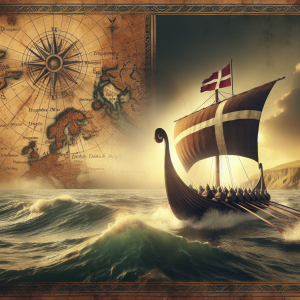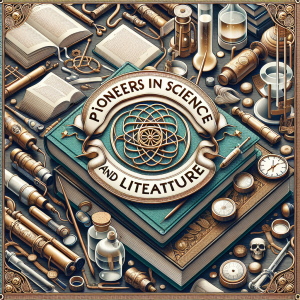As a Danish citizen, I have always been fascinated by the unique culture of democracy that is deeply ingrained in the fabric of our society. From our rich historical background to our contemporary political landscape, the Danish approach to democracy is truly one of a kind. In this article, I will explore the historical and cultural elements that have shaped the Danish democracy, and how it continues to thrive in the modern world.
The Roots of Danish Democracy
Denmark has a long and storied history of democratic governance, dating back to the establishment of the Danish parliament, known as the Folketing, in 1849. This marked a significant shift towards a more representative and participatory form of government, laying the groundwork for the democratic principles that continue to define Danish society today. The signing of the Danish Constitution in 1849 was a pivotal moment in our history, as it enshrined the rights of the people and established a framework for democratic governance.
- Folketing: The Danish parliament
- Danish Constitution: Grundloven
The Role of Cultural Values
One of the defining features of Danish democracy is the emphasis on cultural values such as equality, trust, and consensus-building. These values are deeply rooted in our history and have played a crucial role in shaping the way our government operates. The concept of folkelighed, which roughly translates to “people-centric,” is central to the Danish approach to democracy. It emphasizes the importance of involving ordinary citizens in the decision-making process and promoting a sense of community and togetherness.
Contemporary Relevance
Despite its historical origins, Danish democracy continues to evolve and adapt to the challenges of the modern world. The Danish welfare state, known as the velfærdsstat, is a prime example of how our democratic values are reflected in our social policies. It reflects the commitment to equality and social solidarity, providing a safety net for all citizens and ensuring a high quality of life for everyone.
- Velfærdsstat: Welfare state
Transparency and Trust
Transparency and trust are also key pillars of the Danish democratic culture. The Danish government is known for its open and accessible approach to governance, with a strong emphasis on accountability and public participation. This is reflected in the high levels of trust that Danish citizens have in their government and institutions, which is a testament to the strength of our democratic culture.
The Role of Civil Society
Another important aspect of Danish democracy is the active involvement of civil society organizations in shaping public policy and promoting social change. From environmental advocacy groups to labor unions, these organizations play a vital role in holding the government accountable and amplifying the voices of ordinary citizens. This spirit of samarbejde, or cooperation, has been instrumental in fostering a robust democratic culture in Denmark.
- Samarbejde: Cooperation
Inclusive Political Discourse
One of the hallmarks of Danish democracy is the inclusive nature of political discourse. The Danish political landscape is characterized by a multiparty system, which encourages a diversity of viewpoints and fosters constructive debate. This pluralistic approach to governance ensures that all voices are heard and taken into account, reflecting the commitment to inclusivity and representation.
Conclusion
The culture of Danish democracy is a reflection of our rich history, cultural values, and the ongoing commitment to progress and inclusivity. It is a living, breathing tradition that continues to adapt and thrive in the face of new challenges, serving as an inspiration to democratic movements around the world.
As a Dane, I am proud to be part of a society that upholds the principles of democracy and actively seeks to create a better future for all its citizens. The cultural identity of Danish democracy is something to be celebrated, cherished, and protected for generations to come.




